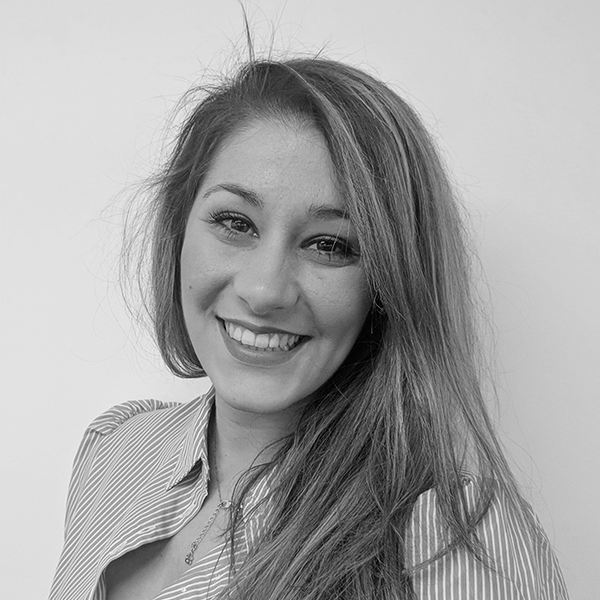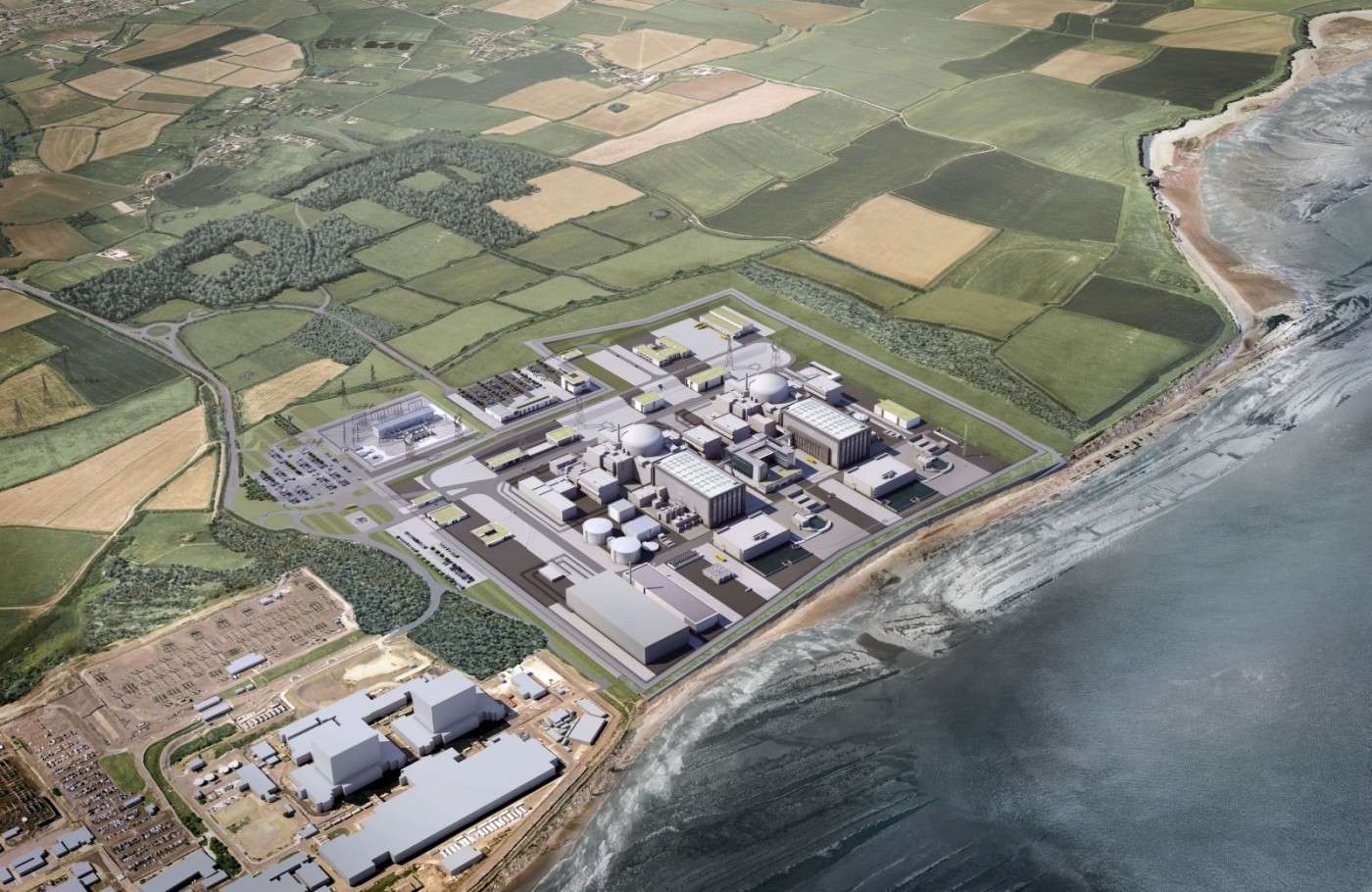As our 2018 graduate assessment days will be soon upon us, we caught up with one of our female graduate engineers, who joined us through our Graduate Training Scheme in 2016.
Education and qualifications: Masters in Engineering
Job title: Graduate Engineer
Length in job: Coming up to 2 years

Please provide a brief outline of your career so far.
I graduated from the Technical University of Athens, where I studied for a Master’s in Engineering, specialising in Geotechnical during my final two years.
I then went on to join Waldeck Consulting, where I took part in their Graduate Training Scheme, working as a Graduate Civil Engineer in the company’s Newark office.
During this time, I was given the invaluable opportunity of working as a Digital Drawing Engineer in the Site Engineering Department on-site at Hinkley Point C, the first nuclear power plant to be built in the UK for decades, before I re-joined Waldeck’s in-house team in Bristol late 2017.
What first interested you in engineering?
My intellectual curiosity drove me into engineering.
The idea of creating the reality, shaping the world we live in and taking part in the decision making of complex large scaled projects motivated me to study this topic.
The vision of being able to work in any country in the world; gaining experience, exploring new cultures and lifestyles and the prospect of having a fruitful career contributed hugely to my decision.
There are many different routes into engineering. Which one did you take and why?
After gaining my Master’s degree in engineering, I wanted to carry on learning, so I decided to apply for the Graduate Training Scheme with Waldeck. This scheme has been such a valuable part of my career to date, and has allowed me to carry on learning, whilst also bridging the gap between my studies and the industry.
There are fewer women working in engineering than men. What would you say to young women who think they might be interested in a career in engineering?
Even nowadays, women are lacking in engineering fields. Unfortunately, women are being held back by gender stereotypes and more needs to be done to encourage females into industry. It is a challenge being a woman in engineering, especially whilst working on construction sites, as historically engineering has been a male dominated industry.
Education through schools and other programmes can help girls to develop high-efficacy personalities and disregard these stereotypes.
Being an engineer is such an exciting challenge and a reward not to be missed!
You worked on the Hinkley Point C project, can you tell us about the project and your involvement?
Hinkley Point C is a project consisting of two nuclear reactors, which will provide low-carbon electricity for around 6 million homes.

When I heard about being given the opportunity to go and work on Hinkley Point C, I was nervous but excited, and I have embraced the opportunity that Waldeck has given me.
The build and design of two new nuclear power stations is an extremely complex project with many different systems and components. Learning all the details can be challenging, but the fact that knowledgeable people are willing to share their expertise makes it good fun, my time on-site definitely enhanced my expertise and has enhanced my journey as I continue to develop grow into a successful engineer.
What is your favourite part of your job?
It feels really wonderful when you know that you are actually positively contributing something to the lives of individuals and society as a whole! When I look back to my small involvement so far, I beam with pride about my contribution in creating something new.
I feel that as an engineer I help the world to move towards a brighter future by solving problems with pollution; finding ways to harness new energy sources; and building new structures.
Moreover, the ability to provide practical solutions to problems fills me with confidence out in the ‘real-world’ when I am faced with challenges. Definitely, last but not least, my favourite part of my role is working as a part of a team with people of different backgrounds and cultures, broadening my horizons and helping me to develop new, fresh ways of thinking.
For more information on our Graduate Training Scheme, click here.